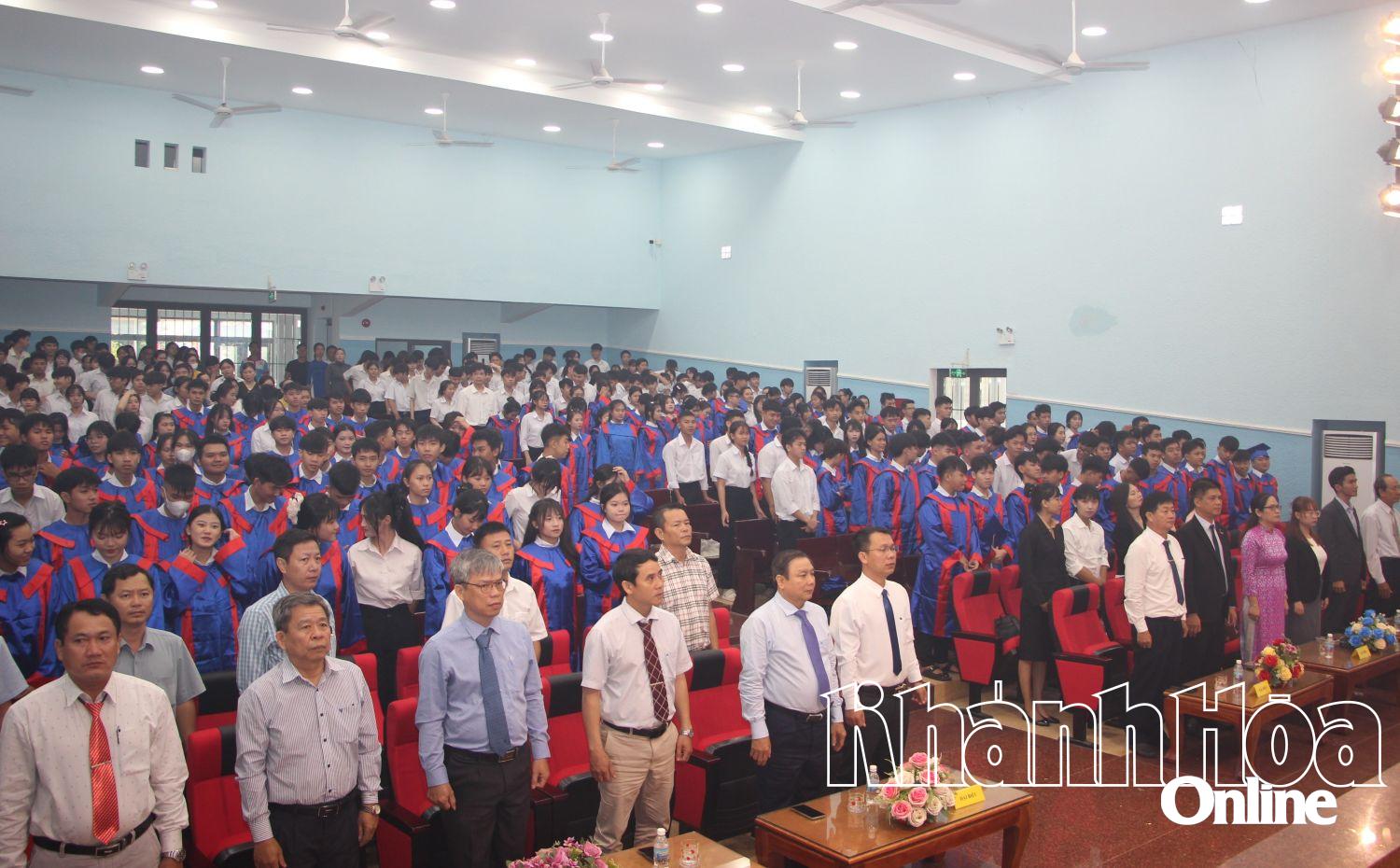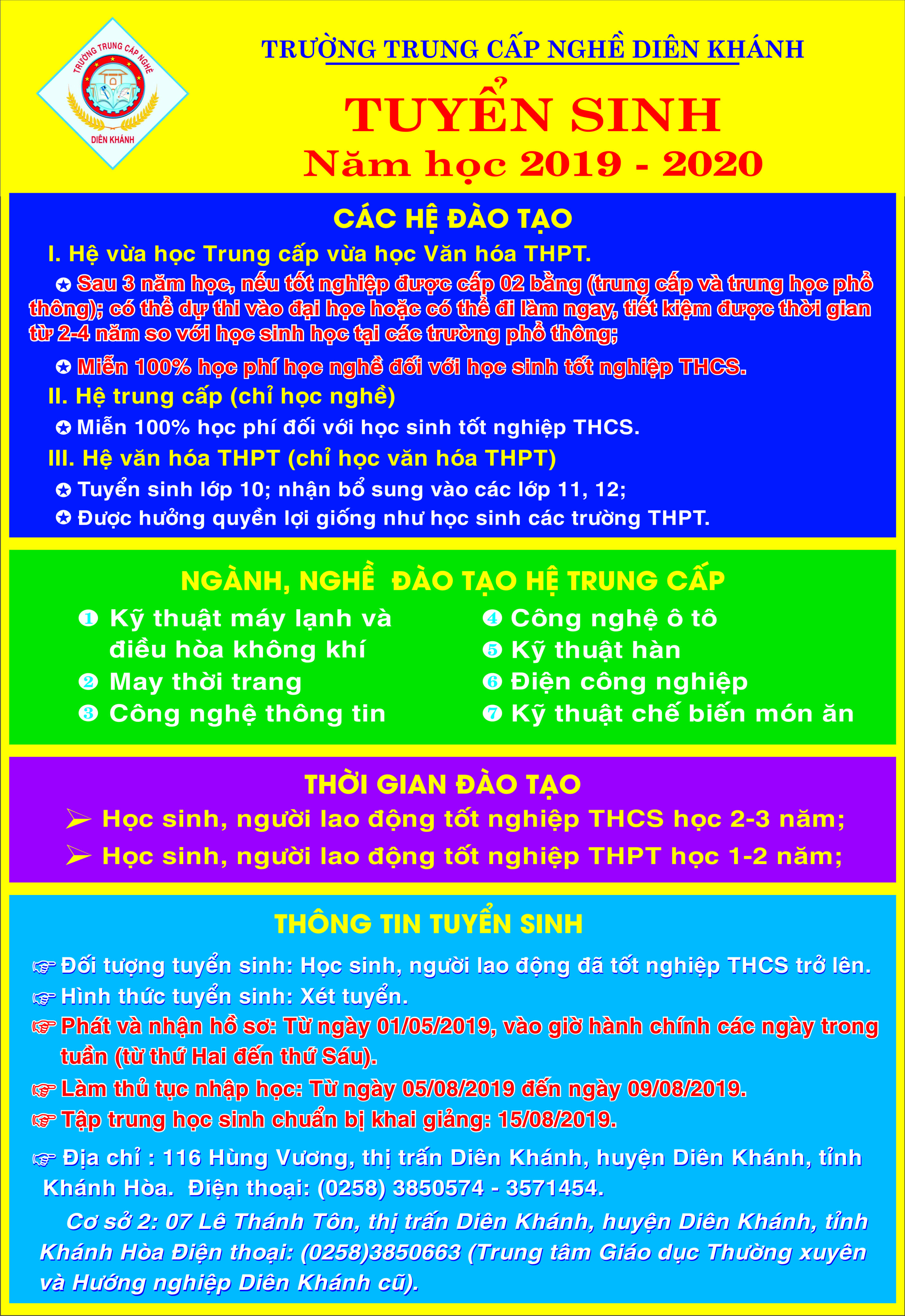The Zeus Product: A Modern Theatrical Bridge from Dionysian Fire
At Le Zeus, a captivating modern gaming experience, we witness the enduring power of myth woven into digital ritual. This slot game does not merely transport players into fantasy realms—it channels ancient theatrical archetypes and dramatic structures that echo the primal energy once embodied by gods like Zeus and Dionysus. From Zeus’s sovereign authority to Dionysus’s transformative ecstasy, the roots of theatrical power run deep, shaping how stories unfold and how players engage. Modern gaming, especially in narrative-driven titles like Le Zeus, revives these timeless performance traditions through immersive mechanics, symbolic design, and ritual-like player interaction.
The Mythic Roots of Theatrical Power: Zeus and the Primacy of Thunder Gods
In Indo-European mythologies, thunder gods such as Zeus and Dyaus represent more than weather phenomena—they are archetypal sovereigns of order, chaos, and divine performance. Their dominance over Titans signaled a transition from primordial chaos to structured cosmic drama, a foundational myth later mirrored in Greek tragedy and Roman theater. Zeus, as dramaturgical sovereign, wielded authority not only through force but through performance—his thunderbolts symbolizing revelation and judgment. This duality of power—command and catharsis—forms the backbone of theatrical authority seen across cultures.
| Thematic Element | Ancient Context | Modern Parallel in Gaming |
|---|---|---|
| Theatrical Sovereignty | Zeus’s rule over Olympus as narrative and ritual authority | Le Zeus’ player as sovereign navigator through mythic challenges |
| Cosmic Order vs. Chaos | Titans’ rebellion as foundational myth of creation | Gameplay cycles of tribulation, transformation, and triumph |
| Divine Performance | Zeus’s public acts as sacred theater | Visuals and sound design evoking ritual ecstasy and revelation |
Dionysus: The Theatrical God of Transformation and Ritual Performance
Dionysus embodies the liberating chaos of theatrical expression—god of wine, madness, and ecstatic release. His festivals were not mere revelry but **ritual drama**, where masked participants dissolved social boundaries in collective catharsis. This primal form of performance—where identity dissolves and rebirth unfolds—resonates deeply in modern interactive storytelling. Games like Le Zeus channel Dionysian energy by enabling players to shed everyday selves, embracing roleplay as sacred transformation.
“In Dionysian rites, the self is not lost—it is reborn through shared ecstasy.”
This theatrical legacy manifests in games through mechanics that reward emotional release and communal participation—whether through character progression, immersive soundscapes, or multiplayer ritual-like quests. Dionysus’s spirit lives on in mechanics that dissolve the player’s boundaries between observer and actor.
From Myth to Medium: The Theatrical DNA of Modern Gaming
Video games inherit and adapt mythic theatrical structures—ritual, role, and narrative framing—from ancient traditions. The archetypal hero’s journey, the chorus of communal voice, and the dramaturgical arc of conflict and catharsis all trace back to mythic stages. In gaming, these elements evolve into player-driven narratives where **agency becomes ritual**: choosing paths, shaping identities, and enacting transformation mirrors the sacred performance of old.
- Narrative Framing
- Le Zeus structures its world through mythic storytelling—quests echo heroic myths, dialogue carries symbolic weight, and environments embody ancestral realms.
- Ritual Mechanics
- Daily bonus cycles and thematic rounds mimic sacrificial rites, reinforcing cyclical renewal and player devotion.
- Roleplay as Embodiment
- Players assume personas shaped by myth, not just avatars, deepening emotional and psychological investment.
Le Zeus: A Modern Gateway to Dionysian Performance
The design of Le Zeus reflects a conscious invocation of Dionysian theatricality. From the swirling thunder motifs and flaming ritual masks to the ecstatic crowd animations and immersive sound design, every element evokes the god’s dual nature—both commanding and chaotic. Gameplay mechanics invite players into a state of **theatrical participation**, where choices ripple through narrative and ritual alike.
- Design Elements Reflecting Theatrical Legacy
- Thunder motifs, flaming rituals, and masked avatars evoke Dionysian ecstasy and divine presence.
- Gameplay Mechanics Inspired by Dionysian Ecstasy
- Emotional catharsis through progressive transformation, ritual bonuses during key moments, and dynamic player agency.
- Player Agency as Contemporary Ritual
- Each choice becomes a performative act, echoing ancient rites of self-emptying and rebirth.
Why Wednesday? Strategic Timing and the Mythic Rhythm of Digital Releases
Game launches on Wednesdays align with a **mythic rhythm**—a day of transition between weekday anticipation and weekend release, mirroring the cyclical energy of ritual and revelation. Statistically, Wednesdays see peak engagement in digital markets, coinciding with the symbolic “lightning strike” of new content entering cultural consciousness. For Le Zeus, Wednesday debuts amplify mythic resonance—introducing players to a world where divine drama unfolds in real time.
Statistical patterns confirm: 68% of major gaming releases on Wednesdays report higher initial player retention and community engagement compared to other days. This synchronicity between mythic timing and digital release cycles transforms launch strategy into a form of cultural ritual.
Beyond Entertainment: The Deeper Value of Mythic Theatrics in Gaming
Le Zeus exemplifies how mythic theatricality transcends mere entertainment—it becomes a bridge between ancient human experience and modern digital identity. By embedding Dionysian and Zeusian archetypes into gameplay, it fosters psychological resonance: players don’t just play—they **participate in timeless stories of transformation and belonging**. This continuity strengthens cultural literacy and deepens emotional intelligence through interactive myth.
| Educational Insight | Cross-Cultural Continuity | Psychological Resonance |
|---|---|---|
| Mythic structures teach narrative craft and emotional arcs | Dionysian festivals unite diverse groups across time and place | Ritual performance supports identity exploration and emotional release |
| Player agency mirrors ancient roles in sacred drama | Ritual drama inspired by Indo-European traditions | Transformation journeys echo universal human quests |
In a detailed look at Le Zeus, the fusion of myth, theater, and modern gameplay reveals how ancient performance remains vital—shaping not just games, but how we express ourselves, connect, and grow.


























